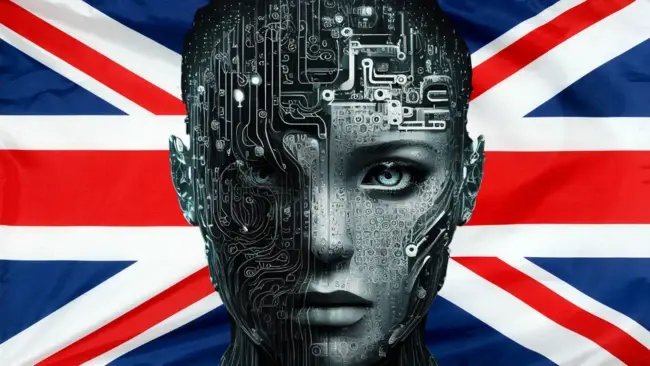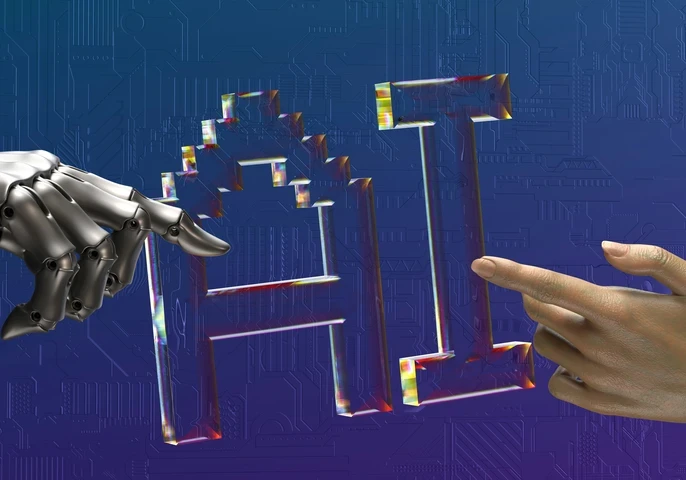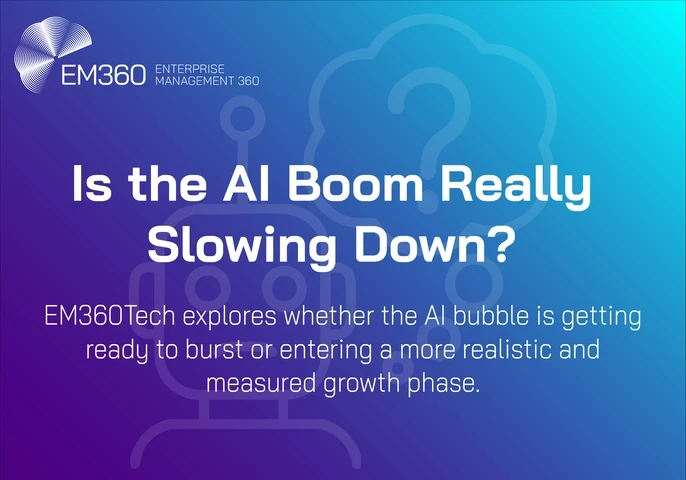UK Prime Minister Rishi Sunak wants Britain to host the world’s first summit for AI regulation as part of plans to make the country a global leader in regulation on tech.
Sunak said on his trip to Washington that the UK was “the natural place to lead the conversation,” insisting that its rich regulatory history will make others listen to “this mid-sized country,” and evaluate the AI’s “most significant risks.”
He is hopeful that Joe Biden, who he will meet at the White House on Thursday, will agree to US involvement in this UK-hosted global safety summit in the autumn after he pitches his “grand plan” to place the UK at the centre of AI regulation.

Downing Street said the summit would bring together political and industry leaders from “like-minded countries” and allow the UK to lead efforts to ensure the benefits of AI are “harnessed for the good of humanity.
"AI has an incredible potential to transform our lives for the better, but we need to make sure it is developed and used in a way that is safe and secure," Sunak said.
“Our job in government is to make sure that we can get those benefits, whether it is in drug discovery or other areas, but make sure that at the same time, we are protecting ourselves against the clear risks that the technology poses.”
Sunak’s official spokesperson declined to comment on the US involvement or on which countries may be invited to take part, he but strongly hinted that Biden may have positive news to share at the joint press conference with the prime minister after their discussions.
“On US involvement, I would probably wait for tomorrow to see what comes out of that, but you would expect like-minded countries to be involved,” he said.
AI could ‘kill many humans’
Sunak’s push for the UK to lead the way in establishing “guardrails” on AI comes as experts warn of the catastrophic impact the technology could have on society.
Just two days ago, the PM’s own AI advisor Matt Clifford said AI could create a “dystopia” in a “Terminator-like scenario” that could “kill many humans” due to the technology’s potential to create cyber and biological weapons.
“We have to take breathing space to make sure we’re getting this right for the whole of society, as well as the benefit of the sector,” Clifford told TalkTV, adding that unless AI is regulated on a global scale then there could be “very powerful” systems that humans could struggle to control.
“If we go back to things like the bioweapons or cyber [attacks], you can have really very dangerous threats to humans that could kill many humans – not all humans – simply from where we would expect models to be in two years’ time.
Clifford joins a host of AI experts – including many of the pioneers in AI research – who have warned that the risks of the technology must be treated with the same urgency as nuclear warheads.
Since the explosion of generative AI systems like OpenAI’s ChatGPT and Midjourney, users have begun experimenting with the technology, with users sharing fake images of celebrities and students using OpenAI’s language model to write essays for them.
Senior bosses at Google DeepMind and Anthropic recently signed the letter along with Elon Musk and the so-called “godfather of AI”, Geoffrey Hinton, calling for a pause on AI developments as more AI exploits are

Boardroom Guide to AI Defense
Why model threats are now material risks, and how CISOs are using specialised tools to turn AI from unmanaged exposure into governed capability.
Mr Hinton resigned from his job at Google earlier this month to warn AI could spell the end of humanity when “bad actors” get their hands on the promising but dangerous technology.
In the NYT today, Cade Metz implies that I left Google so that I could criticize Google. Actually, I left so that I could talk about the dangers of AI without considering how this impacts Google. Google has acted very responsibly.
— Geoffrey Hinton (@geoffreyhinton) May 1, 2023
“Right now, what we're seeing is things like GPT-4 eclipses a person in the amount of general knowledge it has and it eclipses them by a long way. In terms of reasoning, it's not as good, but it does already do simple reasoning," Mr Hinton said in a statement.
"And given the rate of progress, we expect things to get better quite fast. So we need to worry about that," Mr Hinton added.
Data First AI, Not Pilot Sprawl
How strong data foundations, controlled access and VPN-backed security turn AI from fragile pilots into dependable production capabilities.

A race for AI regulation
As unease about AI mushrooms, regulatory bodies are scrambling to regulate the tech as quickly as tech companies race to develop it.
The European Union is currently in the process of developing an Artificial Intelligence Act but has acknowledged that it will take approximately two and a half years for the act to come into effect.
Recognising that this timeline is "way too late," EU tech chief Margrethe Vestager has stated that the EU is collaborating with the United States to create a voluntary code for the AI sector. They hope to finalise this code within a matter of weeks.
China has also played a significant role in shaping AI regulations and has proposed requirements for companies to inform users whenever an AI algorithm is being utilised.
Meanwhile, in March, the UK government outlined its own perspectives on AI regulation in a White Paper. But despite Sunaks’ wish for the UK to lead in the field, this document faced global criticism for containing "significant gaps."
To read more about regulation on AI, visit our dedicated AI in the Enterprise Page.
While some members of the UK government's AI Council, such as Marc Warner, advocate for a stricter approach that may involve banning t advanced forms of AI, others acknowledge that the UK cannot match the pace at which other countries are leading the charge in AI regulation.
Matt O'Shaughnessy, a visiting fellow at the Carnegie Endowment for International Peace, explains that although the UK may lack the same market size and influential regulatory schemes as the EU and China, it still possesses key strengths.
“The EU and China are both large markets that have proposed consequential regulatory schemes for AI - without either of those factors, the UK will struggle to be as influential," he said.

When Data Leaders Need Outsiders
How trusted analysts help executives navigate AI-driven complexity, de-risk data decisions and avoid governance failures at scale.
But he added the UK was an "academic and commercial hub", with institutions that were "well-known for their work on responsible AI". "Those all make it a serious player in the global discussion about AI.”







Comments ( 0 )